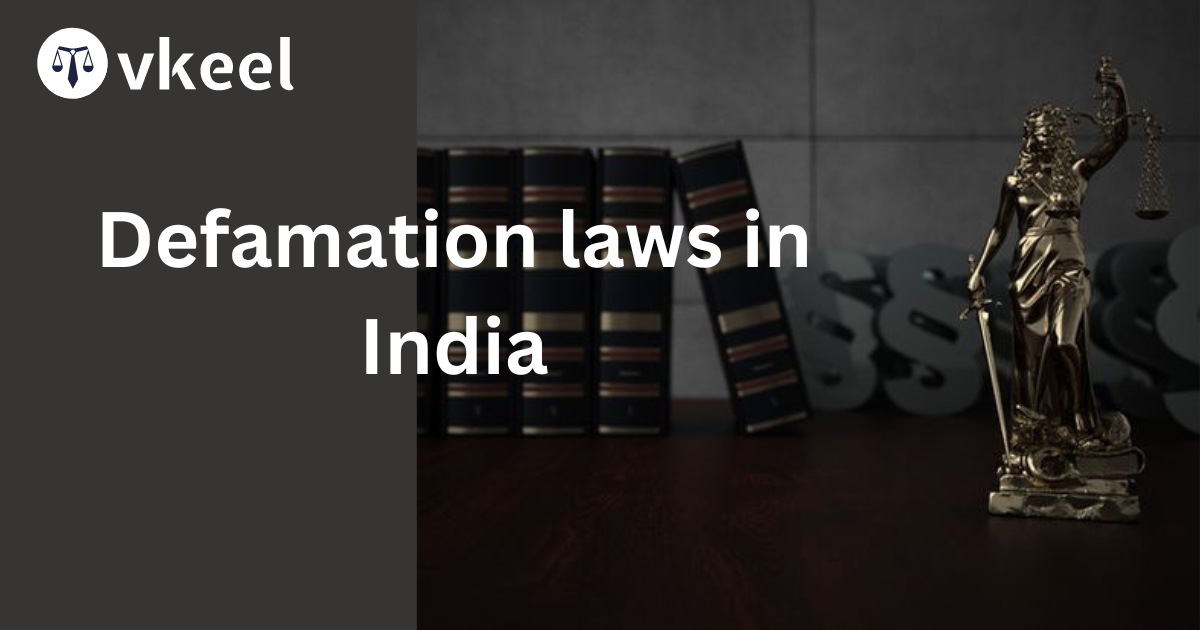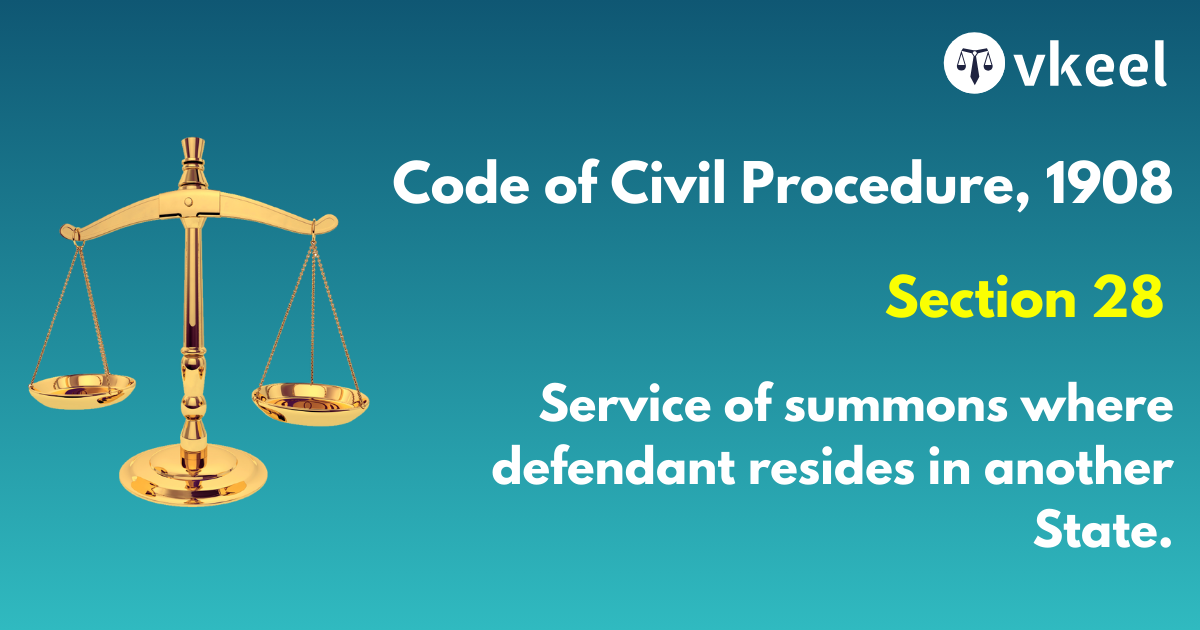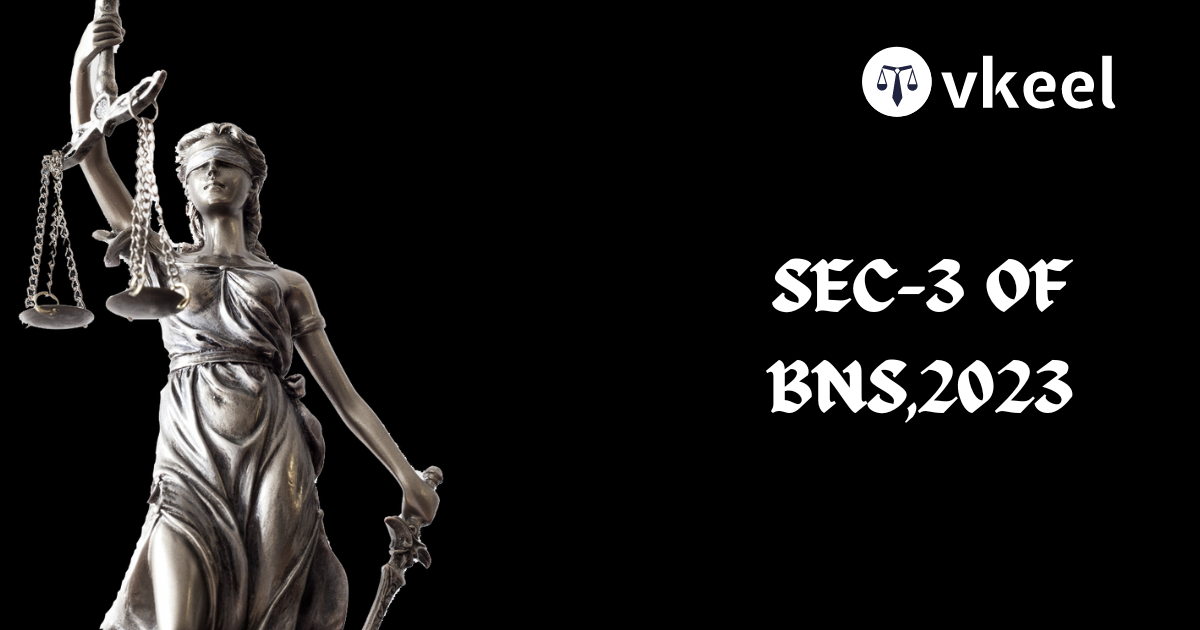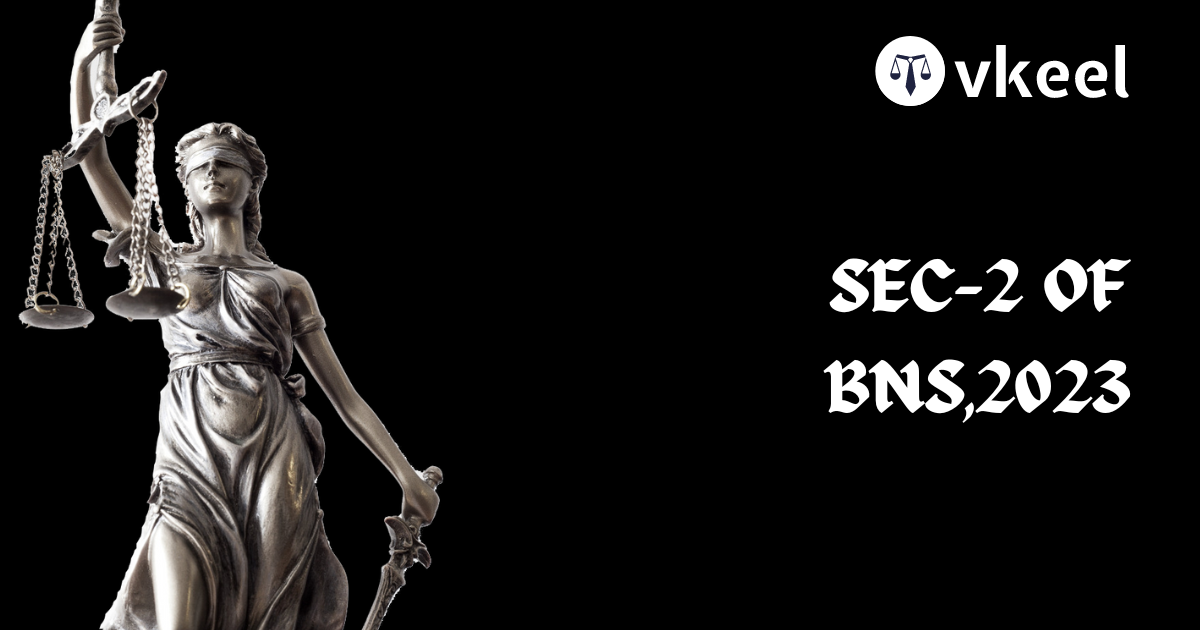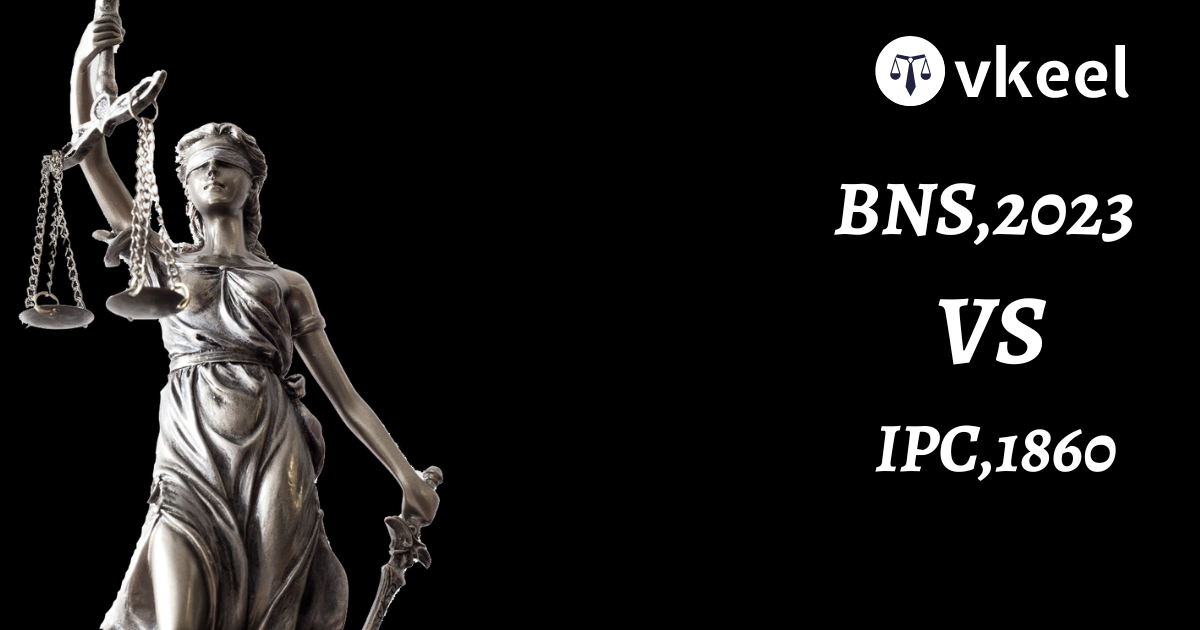Defamation laws in India
By Himanshu Kumar
Table of Contents
Introduction
Defamation is a legal concept that pertains to the communication of false statements that harm the reputation of an individual, group, business, government, religion, or nation. These false statements can be communicated through various means, including spoken words (slander) or written words and images (libel). Defamation laws aim to protect individuals and entities from unjust damage to their reputation and provide recourse for those who have been defamed.
In India, defamation laws are primarily governed by two statutes: the Indian Penal Code, 1860, and the Code of Criminal Procedure, 1973. These laws provide a framework for addressing both criminal and civil defamation cases.
Defamation can be broadly defined as the act of making false statements that harm the reputation of an individual or entity. It encompasses both libel (written defamation) and slander (spoken defamation). To establish defamation, certain elements must be present, including the publication of a false statement, the statement’s harmful nature to the reputation of the plaintiff, and the absence of any lawful justification for making the statement.
Essentials of Defamation
Following are the essentials of defamation:
Identification: The statement must refer to the plaintiff directly or indirectly. It should be reasonably understood to be about the plaintiff.
Defamatory Content: The statement must be capable of lowering the plaintiff’s reputation in the eyes of right-thinking members of society. This determination is often subjective and depends on prevailing societal standards.
Publication: As mentioned earlier, the defamatory statement must be communicated to a third party, either intentionally or negligently.
Falsity: The statement must be false. Truth is an absolute defense against defamation claims.
Intent or Negligence: In some jurisdictions, the plaintiff may need to prove that the defendant acted with actual malice or negligence in making the defamatory statement. Actual malice typically refers to knowingly or recklessly making false statements with the intent to harm.
Types of Defamation
Following are the types of defamation:
Libel: Libel refers to written or published defamatory statements. This includes statements made in newspapers, magazines, books, online publications, social media posts, blogs, or any other written form.
Slander: Slander involves spoken defamatory statements or gestures. This includes oral remarks made in conversations, speeches, broadcasts, interviews, or public statements.
Per Se Defamation: In some jurisdictions, certain statements are considered defamatory per se, meaning they are inherently harmful without the need for further proof of damage. These categories often include false statements related to a person’s profession, allegations of criminal activity, allegations of sexual misconduct, or statements imputing a loathsome disease.
Group Defamation: Group defamation, also known as group libel, occurs when false statements are made about a particular group of individuals based on their race, religion, ethnicity, nationality, or other characteristics. While individuals within the group may have standing to sue for defamation, group defamation cases raise complex legal issues regarding collective harm and representation.
Origin and Development of Defamation laws in India
The origin and development of defamation laws in India can be traced back to the colonial era, with the influence of British legal principles shaping the early trajectory of defamation jurisprudence. Here’s an overview of how defamation laws have evolved in India:
Colonial Era
- During British rule, India was subject to English common law principles, which included defamation laws. The Indian Penal Code of 1860 (IPC) was enacted under British colonial rule and contained provisions related to defamation.
- Sections 499 and 500 of the IPC provided definitions of defamation and prescribed penalties for the offense. These sections were largely based on English common law principles but adapted to suit the Indian context.
Early Application
- In the early years after independence, defamation laws in India continued to be applied in accordance with the provisions of the IPC. Courts relied on English precedents and interpretations to adjudicate defamation cases.
- The courts emphasized the importance of protecting an individual’s reputation while also recognizing the need to balance this with the right to freedom of speech and expression.
Judicial Interpretation
- Over the years, Indian courts have played a significant role in interpreting and refining defamation laws through their judgments. Landmark cases have helped establish key principles and clarify the scope of defamation liability.
- Courts have emphasized the distinction between statements of fact and expressions of opinion in defamation cases. While statements of fact are subject to verification and can form the basis of defamation claims if false, expressions of opinion are generally protected as a form of free speech.
Legislative Amendments
- The defamation laws in India underwent significant amendments with the introduction of the Information Technology Act, 2000. This legislation addressed defamation in the context of electronic communication and provided remedies for defamation committed through digital platforms.
- Additionally, there have been discussions and proposals for further reforms to defamation laws in India. Some have advocated for the decriminalization of defamation, arguing that civil remedies are sufficient to address reputational harm without resorting to criminal sanctions.
Indian Penal Code and Defamation
Section 499 of the Indian Penal Code defines defamation and lays down the elements necessary to constitute the offense. According to this section, defamation includes imputations made either by words, spoken or intended to be read, signs, or visible representations. The imputation must harm the reputation of the person against whom it is made.
Further, Section 500 of the IPC prescribes the punishment for defamation, which may extend to two years of imprisonment, a fine, or both. However, defamation is a compoundable offense, meaning the complainant may choose to drop the charges if a settlement is reached between the parties.
Defamation in the age of the social media
With the advent of social media platforms, defamation cases in India have taken on new dimensions. Statements made on platforms such as Twitter, Facebook, and Instagram can reach a wide audience instantaneously, amplifying the potential damage to a person’s reputation.
In recent years, there have been several high-profile defamation cases involving social media posts. For example, in the case of Shashi Tharoor vs. Arnab Goswami, Tharoor, a Member of Parliament, filed a defamation suit against Goswami, a journalist, for allegedly making defamatory remarks against him on a news channel’s Twitter handle. The case highlighted the need for greater scrutiny of statements made on social media platforms and the applicability of defamation laws in the digital age.
Landmark Case Law
Ram Jethmalani vs. Subramanian Swamy
One of the notable defamation cases in India is Ram Jethmalani vs. Subramanian Swamy. In this case, Subramanian Swamy, a prominent politician and economist, accused Ram Jethmalani, a renowned lawyer, of being involved in corrupt practices. Jethmalani filed a defamation suit against Swamy, alleging that the accusations were baseless and had damaged his reputation.
The case garnered significant media attention and highlighted the complexities of defamation laws in India. The court ultimately ruled in favor of Jethmalani, stating that Swamy’s statements were defamatory and lacked evidence to substantiate the claims made against him. This case underscored the importance of exercising caution when making allegations that could harm an individual’s reputation.
Recent Amendments and Development
In recent years, there have been calls for reforming India’s defamation laws to align them with the evolving social and technological landscape. One proposed amendment is to decriminalize defamation and make it solely a civil offense. Proponents argue that criminalizing defamation stifles free speech and encourages censorship.
However, opponents of decriminalization argue that it would weaken the deterrence against making false and defamatory statements. They contend that defamation laws serve as a safeguard against reputational damage and provide recourse for individuals and entities harmed by malicious allegations.
Conclusion
Defamation laws play a crucial role in protecting individuals and entities from false and damaging statements. In India, these laws are governed by the Indian Penal Code and the Code of Criminal Procedure. While defamation cases continue to be litigated in traditional forums, the rise of social media has added new complexities to the legal landscape.
Landmark cases like Ram Jethmalani vs. Subramanian Swamy underscore the importance of exercising caution when making statements that could harm someone’s reputation. As society grapples with the challenges posed by the digital age, it is essential to strike a balance between protecting free speech and safeguarding against defamation.
Through ongoing dialogue and potential legislative reforms, India can ensure that its defamation laws remain effective and relevant in an ever-changing world.
Disclaimer:
The information provided in the article is for general informational purposes only, and is not intended to constitute legal advice or to be relied upon as a substitute for legal advice. Furthermore, any information contained in the article is not guaranteed to be current, complete or accurate. If you require legal advice or representation, you should contact an attorney or law firm directly. We are not responsible for any damages resulting from any reliance on the content of this website.

